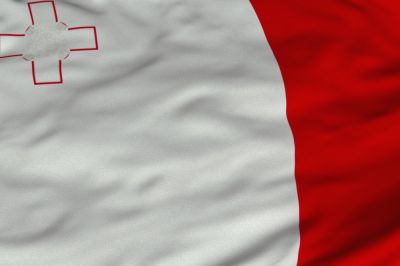Population (mln): 0,42
Official language/s: Maltese, English
Internet TLD: .mt
Calling code: +356
Member of the EU from: 1st May 2004
Unemployment rate Sep 2011 (%): 6.3
Unemployment rate under 25 years Sep 2011 (%): 13.8
Unemployment rate Sep 2012 (%): 6.7
Unemployment rate under 25 years Sep 2012 (%): 15.9
Population statistics 20-29 age group 2011 (%): 14,8
Country codes in education system: MT
Expected duration of education (years): 15,2
The University of Malta and the Malta College of Arts Science and Technology (MCAST) are the publicly-funded educational institutions providing higher education courses. The Institute of Tourism Studies
(ITS) provides a Higher Diploma in Management Studies which is
equivalent to the first year of a Bachelor’s degree. Students completing
this diploma may register into the second year of the Bachelor’s degree
in Tourism Studies at the University of Malta. The University of Malta
has thirteen Faculties as well as a considerable number of Institutes
and Centres. On the other hand MCAST has ten Institutes in Malta and one
centre in Gozo.
Chapter 327 of the Laws of Malta - The Education Act
- establishes the legal framework for the governance and structure of
the University of Malta as well as MCAST. By means of the 2006 (Act
XIII) amendments to the Education Act, the National Commission for Higher Education
(NCHE) was established to advise Government through a structured
dialogue with all institutions so as to work towards sustainable
development of the further and higher education sectors to meet the
needs of society. Its main functions are:
- ascertaining the needs and the aspirations of further and higher education institutions;
- informing the public of issues connected with sustainable
development of further and higher education sectors in Malta in order to
meet the needs of society; and
- providing advice to Government on any matter which is connected with the further and higher education sectors.
Since its inception, the NCHE has carried out studies on higher education in relation to the Bologna Process and the Copenhagen Process that have been the subject of wide-ranging consultation resulting in major developments.
source:
Eurypedia - The European Encyclopedia on National Education Systems
http://eacea.ec.europa.eu/education/eurydice/eurypedia_en.php
